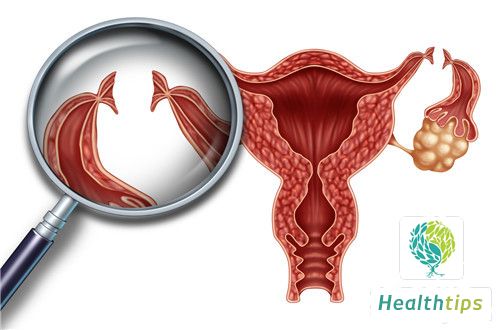What are the effects on a womans body if she has only one kidney?
If a woman lacks a kidney but the other kidney is healthy and functioning normally, it generally has little impact on her body and can maintain her health. However, if the other kidney also encounters problems and is damaged, it is prone to kidney diseases, and in severe cases, may even lead to kidney failure, threatening life. In such cases, dialysis or kidney transplant may be required. Therefore, lacking a kidney still has some impact on the body.

Generally speaking, a person can still live a healthy life with one kidney missing, as a healthy person only needs one kidney to function normally every day. As long as the remaining kidney operates normally, it can maintain normal conditions for a long time. However, lacking a kidney will have a certain impact on the body.
Each kidney in the human body has approximately 1 million nephron units. According to research, only 1/10 of the nephron units in each kidney are actually functioning, while 9/10 are in a state of "alternate rest." If the other kidney is completely normal, it will have no significant impact on the body, but excessive exercise should be avoided, as it can easily damage the other kidney.
One kidney is sufficient to meet the body's normal functioning during daily activities. However, many people nowadays are prone to kidney damage due to external factors. Once the kidney is damaged, the other kidney can help excrete toxins from the body, thus maintaining the normal functioning of the body's organs.
If there is only one kidney, it will be under greater pressure. Once a problem occurs, the kidney will continue to be damaged while functioning, making it more prone to kidney diseases and even kidney failure. This poses a threat to life and can be life-threatening.
A person has two kidneys because they are crucial to the human body. When one kidney is injured, the workload will shift to the other kidney, so it is best to have two kidneys.



















